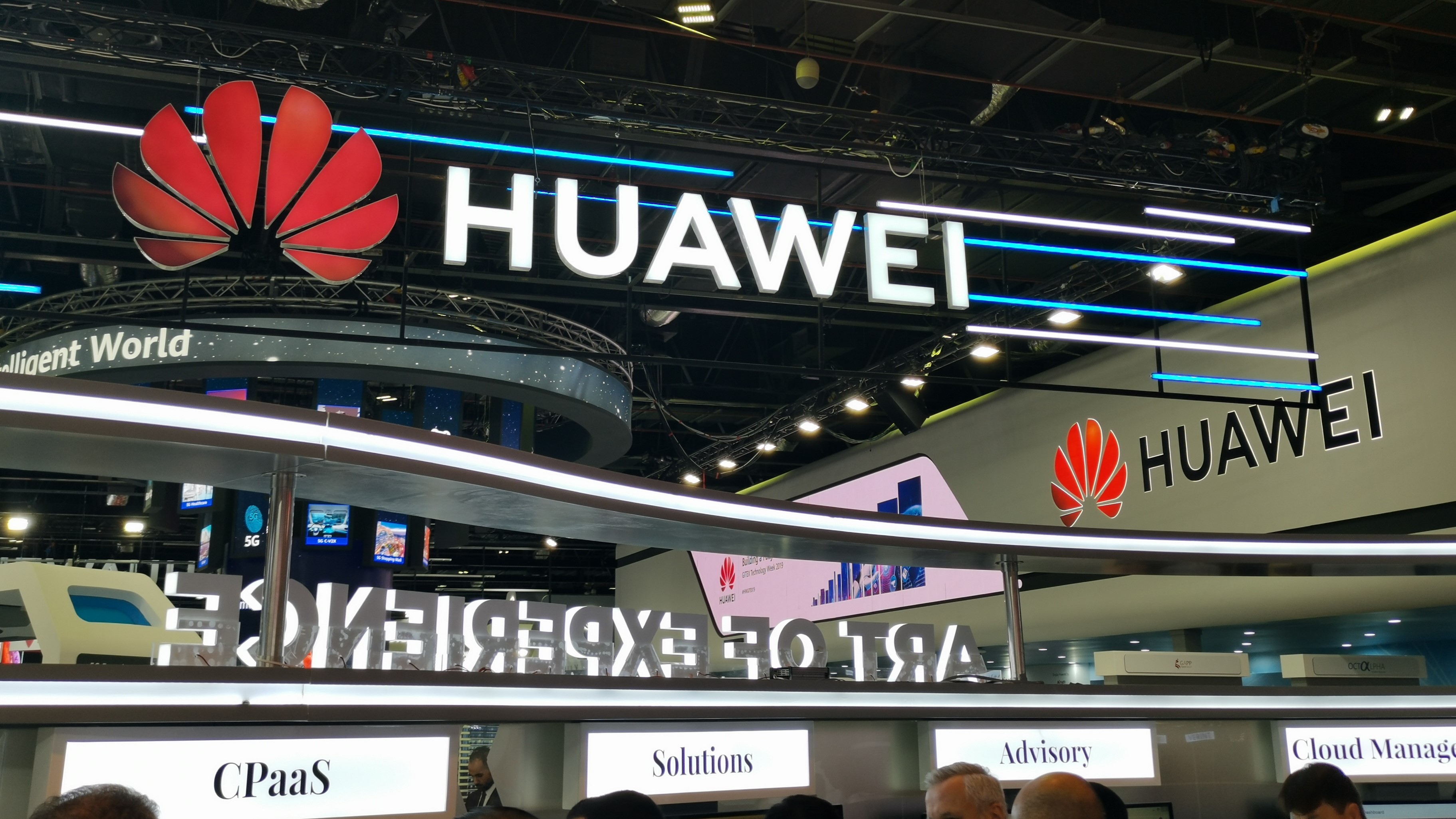Huawei: 'Political' challenges make 5G security difficult to solve
Huawei reiterates calls for industry-wide approach

Huawei has reiterated its belief that telecoms security is an industry-wide issue that can be solved if it is viewed as a technological challenge, not a political one.
The beleaguered Chinese firm has been effectively blacklisted from the US on national security grounds and Washington is urging its allies to follow suit – despite not providing any evidence to support its claims.
Europe is a significant market for Huawei and mobile operators oppose any measure that would restrict their access to the company’s radio kit, fearing this would increase costs and reduce innovation.
- What does Huawei US ban mean for you?
- 5G in the UK: everything you need to know
- US has 'no evidence' for Huawei claims
Huawei 5G security
“In essence, security is a technical issue so if we can look at it from the technological perspective, then it is something we can solve,” said Chaobin Yang, Huawei's head of 5G product line . “If you look at security as a political issue and judge vendors by country of origin then it’s difficult to solve.”
So far, no European nation has followed the US's lead. And although the EU has suggested that equipment originating outside the bloc might be more susceptible to nation state interference, it did not specify any vendor or country in its guidance for member states.
When asked whether Huawei believed that external pressures were easing, Yang did not address the developments specifically, only that the company was committed to the European market.
“We’ve been working with our European customers for many years – since the 3G era,” he told journalists in Zurich at the Huawei Global Mobile Broadband Forum.
Sign up to the TechRadar Pro newsletter to get all the top news, opinion, features and guidance your business needs to succeed!
“We’ve had many years of good cooperation and half of our 60 5G contracts are from Europe. We can see [our good relationships] continuing with 5G. As a vendor, our priority is to provide customers with good equipment.”
The UK is among those considering Huawei’s role in its telecoms infrastructure as part of a wider review. Publication had been expected in the Spring and leaks that led to the departure of Defence Secretary Gavin Williamson suggested Huawei would be banned from the core layer of 5G infrastructure, but not the radio element. This would preserve the status quo.
However, the issue is as much about politics as it is about technology and has been complicated by a change in Prime Minister. The wider review was published earlier this year, but without a final decision on Huawei.
Industry approach
One of the reasons that the scrutiny of Huawei’s kit has increased is because 5G networks will transmit greater quantities of sensitive data and power mission-critical applications that require constant connectivity. This means mobile networks become more attractive to malicious actors seeking to steal data and cause disruption to communications infrastructure.
Huawei believes the issue of security should be treated as an industry issue in which the entire telecoms ecosystem should play a role. It wants guidelines to be established at a GSMA and 3GPP level would provide assurances across the entire mobile landscape.
“When a piece of information is transferred from one user to another, it goes across many steps in between – the base station, the router, the server, the core network and then applications” explained Yang. “For the end-to-end security to be achieved then noting can go wrong at any stage. Therefore end-to-end security can only be achieved if all the players from different steps can work together.
“We think the EU’s GDPR is a good thing because it gives major players in the ecosystem a direction to focus on [with privacy]. For us, with security it would be the same. A clear standard would give major players something to return to, fulfil their security responsibilities and contribute to the security standards of the industry.”
- Here are the best deals for Huawei mobile phones in October 2019
Steve McCaskill is TechRadar Pro's resident mobile industry expert, covering all aspects of the UK and global news, from operators to service providers and everything in between. He is a former editor of Silicon UK and journalist with over a decade's experience in the technology industry, writing about technology, in particular, telecoms, mobile and sports tech, sports, video games and media.